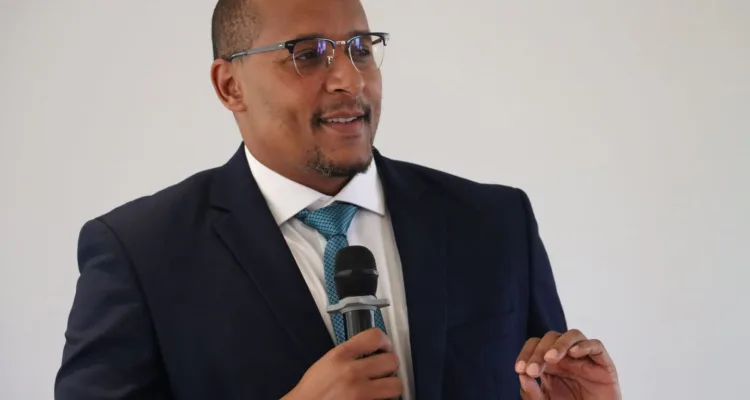
Amidst a backdrop of pressing national challenges such as hunger, fuel shortages, and a strained healthcare system, the Malawian government’s decision to allocate MWK 5 billion to target Bakili Muluzi TV has ignited widespread criticism.
This move has been met with scepticism from various quarters, including social commentator Jones Gadama, who shared his insights into the matter.
Gadama described the allocation as “appalling,” emphasizing the disconnect between the government’s priorities and the dire needs of its citizens. “It’s a clear misplacement of priorities,” he noted, questioning the rationale behind diverting resources away from critical sectors like healthcare and food security.
The decision has been interpreted as an attempt to suppress dissenting voices. Gadama argued that targeting media platforms such as Bakili Muluzi TV is counterproductive, undermining democracy and freedom of speech. “Silencing critics does not address public dissent; it only fuels it,” he said.
The MWK 5 billion allocation risks eroding public trust in the government, Gadama warned. “This decision will likely damage the government’s credibility, as it appears more focused on silencing critics than addressing the pressing challenges facing Malawians.”
The government’s choice to engage HASHCOM, a Ghanaian company, instead of exploring local solutions, has further raised eyebrows. Gadama expressed concern over the implications of involving foreign entities in matters that could be managed domestically. “This decision raises questions about the government’s commitment to supporting local businesses and its motives in handling this issue,” he remarked.
The move has been seen as a direct threat to the principles of democracy and freedom of speech. “This sets a dangerous precedent for suppressing media outlets and dissenting voices,” Gadama said, highlighting the broader implications for Malawi’s democratic values.
Gadama foresees significant repercussions for the government’s reputation and its relationship with the public. “The actions will likely be seen as authoritarian and heavy-handed, further eroding public trust and damaging its image both locally and internationally.”
The international community is expected to view the decision unfavourably, seeing it as an attack on free speech and democratic institutions. Such actions could harm Malawi’s relationships with global partners and its standing on the international stage.
Instead of targeting media outlets, Gadama urged the government to refocus its efforts on addressing the country’s critical challenges. “The government should prioritize the needs of the people—food security, healthcare, and economic development—over controlling media platforms,” he concluded.
This controversy underscores the need for transparent and people-centred governance. As Malawi grapples with significant economic and social issues, many hope that future decisions will reflect the genuine needs of its citizens rather than political self-interest.














